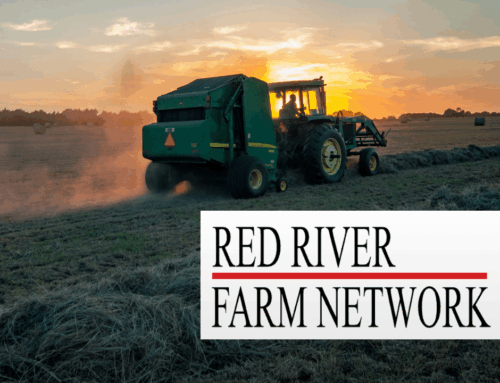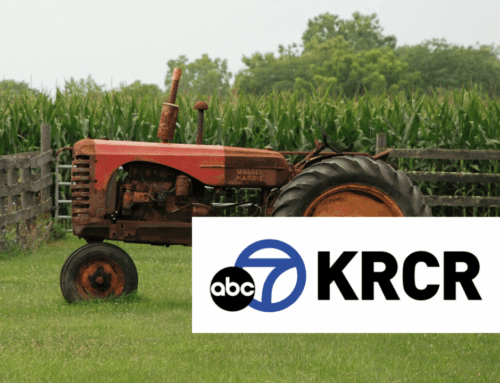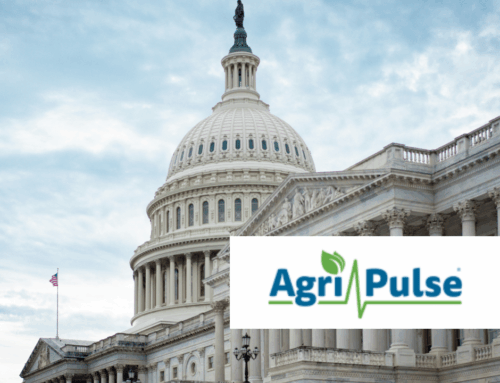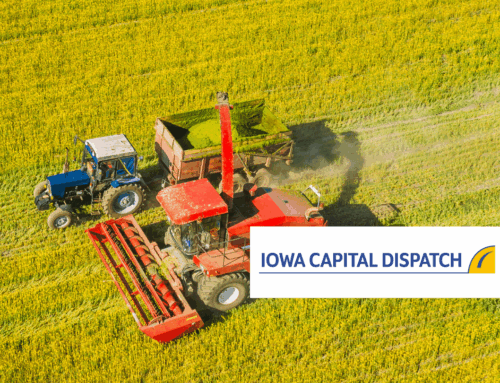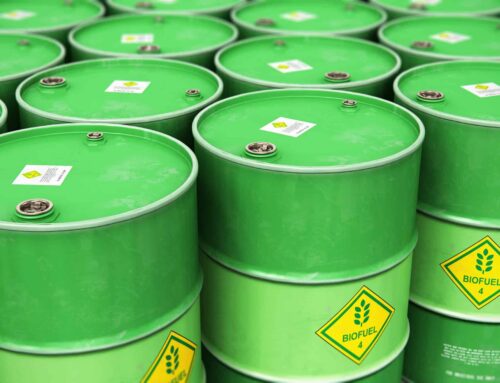Tuckered out from the “hard work” of reading a $1.3 trillion-2,232 page spending bill in less than 18 hours before voting on it in the House and 27 hours in the Senate, lawmakers have fled town for a two week recess. Once they return, however, it looks like another big, costly bill crafted in smoky backrooms might grace the halls of the Capitol. Both House Agriculture Committee Chairman Mike Conaway (R-TX) and Senate Chairman Pat Roberts (R-KS) claim they will produce an omnibus Farm Bill by the end of April.
We support having a safety net for businesses involved in agriculture. But a safety net for agricultural businesses must live up to principles that apply to all other safety nets: be cost-efficient, transparent, responsive to need, and hold all parties accountable for producing results. With our debt, we can’t afford business as usual. Stepping in when there is a disaster that people were incapable of protecting themselves from is a legitimate government role. Inserting in the middle of the night, with no discussion, a provision to change the rules of a program that benefits special interests is wrong.
For too long, the agricultural safety net has been a complex web of overlapping and expensive subsidies that rewards a small number of special interests and large agribusinesses at the expense of taxpayers. Added together, the point of the majority of these subsidies seems to be to ignore economics so farmers can keep doing what they’ve been doing and to have taxpayers pay for it. The recent add-ons are just the tip of the iceberg when it comes to federal tax dollars used to bailout farmers from adjusting to the physical and economic realities of agriculture. For all these groups, the basic argument boils down to “give us more federal money so we don’t have to adjust.”
Taxpayers for Common Sense would welcome a robust farm bill debate. But instead of having a thorough debate on the farm bill that brings numerous interests to the negotiating table, we get add-ons to the current farm bill without any debate. Thanks to the recent omnibus spending bill, pecans now have special treatment within the USDA’s Tree Assistance Program. The trillion dollar package also creates a “pilot program” that changes the payment calculation of ARC and PLC for producers who are upset that their income subsidy checks are lower than some of their neighbors.
Before that behemoth bill became law, Congress included a provision within the disaster supplemental to designate cotton as an eligible crop under the already over budget Title I agricultural income subsidy programs. On top of that, adding cotton ginning cost share payments and asking the government to boost the incomes of dairy farmers by literally buying an oversupply of cheese. All these add-ons create a more costly farm bill that is NOT accountable to taxpayers. It’s this congressional version of Hungry Hungry Hippos that is putting us in peril.
Commodity groups claim they are for the “public interest” but keep on promoting more and more subsidies to agricultural producers. A recent Wall Street Journal article spoke about how many farmers rely on off-farm income to survive. The truth is, working on a 350 acre farm without another source of income is just not sustainable. Many Americans would probably love to write the next Great American Novel, but it is not the government’s job to subsidize a lifestyle choice, including farming. Especially when median farm household income in 2016 was 32 percent higher than the median national household income ($76,250 compared to $57,617). Farming is a business, so let’s figure out what works for these businesses so they can succeed on their own.
It’s time to step back and create a more efficient safety net that allows people to prosper on their own merits. We can’t have a bill that completely ignores the corporate welfare side of the farm bill. We need a more inclusive process, which means instead of hiding bills, debate should be open with more interests involved and more seats at the table. But we have to start making hard choices, because if tough choices are not made now, terrible choices will be forced upon us later.


